In the shadow of the Sandy Hook Elementary School shooting in 2012, a tragedy that shook the nation to its core, emerged a narrative so perverse it seemed almost unfathomable. Elizabeth Williamson’s “Sandy Hook: An American Tragedy and the Battle for Truth” meticulously chronicles not just the event itself but the insidious aftermath fueled by conspiracy theorists, most notably Alex Jones. This book serves as a harrowing reminder of the dangers posed by denying the truth, a lesson that, tragically, remains unlearned by many.
The emotional toll of the Sandy Hook shooting was immeasurable, particularly for the families of the victims. Yet, their suffering was compounded by the actions of those who, led by figures like Jones, denied the reality of the tragedy. Williamson’s exploration into this “horrific aftermath” reveals the extent to which these families were tormented, not just by their grief, but by the relentless harassment and threats from individuals convinced the massacre was a hoax.
One of the most heart-wrenching aspects of the book is its portrayal of the parents’ experiences. Leonard Pozner, whose six-year-old son Noah was among the victims, embarked on a nearly decade-long battle against the purveyors of these vile conspiracy theories. His story, and those of other parents, underscores the profound impact of misinformation and the lengths to which some had to go to defend the truth of their children’s deaths.
The civil trial of Alex Jones is highlighted as a pivotal moment in the fight against misinformation. It serves as a stark reminder of the consequences of spreading falsehoods and the importance of accountability. Yet, the trial is but one chapter in a much larger story about the battle for truth in an era increasingly defined by its absence.
Williamson’s book is not merely a recounting of events but a clarion call to recognize the dangers of conspiracy theories and the vital importance of truth and empathy. Through the lens of Sandy Hook, she illustrates the damage wrought when facts are denied and the truth is distorted. One of the most poignant quotes from the book comes from Dan Friesen, who studies Jones’s role in America’s long history of political conspiracism for his podcast, Knowledge Fight. “Once there are kids that are dead, Alex can recognize that denial may be a useful tool. On some level he knows that if these events are real, it’s a decent argument for gun control. There’s no counterargument he can come up with other than ‘it’s fake. This guy didn’t do this.’”
“Sandy Hook: An American Tragedy and the Battle for Truth” is an essential read for anyone seeking to understand the perils of conspiracy theories and the importance of upholding truth in our society. It serves as a sobering reminder of the personal toll misinformation can exact and the critical need to hold those who spread it accountable.
Yet, the book’s most powerful message may lie in its testament to the resilience of the Sandy Hook families. Their strength in the face of unimaginable loss and their unwavering commitment to truth offer a glimmer of hope in a landscape often marred by falsehoods. It is a stark warning about the lessons so many refuse to learn and a call to action for those willing to stand up for truth.
Let this book serve as a reminder of the unlearned lessons from Sandy Hook and the imperative to challenge those who seek to distort reality. In an age where the truth is increasingly under assault, the story of Sandy Hook stands as a beacon, urging us to embrace truth and empathy over denial and division.



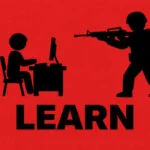

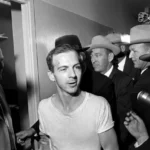
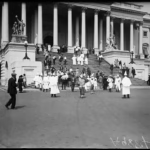

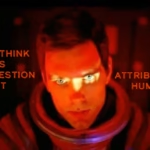
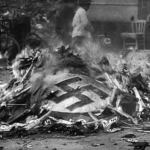
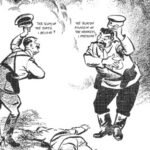


Leave a Reply